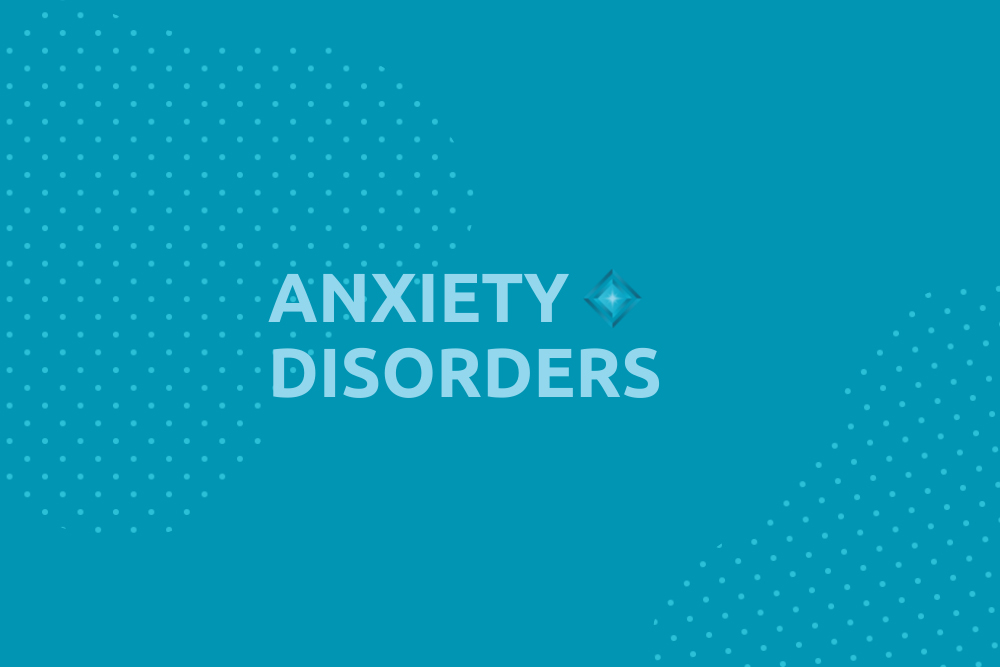Millions of American adults have anxiety, a mental health condition whose symptoms include unrealistic worries, agitation, insomnia, panic attacks, irritability, trouble focusing and unshakeable feelings of dread. Though these symptoms are mild for some people, they can increase in severity without treatment.
The U.S. Department of Health and Human Services has defined five primary types of anxiety disorders. It’s possible to simultaneously have more than one of these.
1. Generalized Anxiety Disorder
Generalized anxiety disorder causes ongoing tension, usually out of proportion to the situation at hand. People with GAD have elevated stress levels that may cause mood swings, difficulty concentrating, muscle aches, sleep problems and an elevated heart rate. If you frequently get unreasonably upset about trivial things or always envision the worst-case scenario, you may have GAD. Generalized anxiety disorder also frequently co-occurs with other mental health issues, including PTSD and depression.
2. Social Anxiety Disorder
Social anxiety disorder causes people to have unreasonable fears that others are judging them, on top of worries about embarrassment and rejection. This disorder can be so severe that even simple daily exchanges like talking to a grocery store cashier may make socially anxious people blush or stammer. Social anxiety can also limit your opportunities to make friends and advance in your career.
3. Panic Disorder
A panic attack is an unexpected wave of intense anxiety that can arise seemingly out of nowhere. If you experience these attacks frequently, you may have a condition called panic disorder. There’s a connection between panic disorder and another mental health problem called agoraphobia, since people who have had a panic attack in a public place may deliberately withdraw from society because they don’t want it to happen again.
4. Obsessive-Compulsive Disorder
If your only knowledge of OCD is from movie and TV depictions of fastidious people who prefer keeping everything clean and tidy, you’re likely unaware of how debilitating this disorder can be. People with OCD have obsessive thoughts about preventing catastrophes from befalling themselves and their loved ones by performing repetitive actions like counting objects or arranging things in a specific order. These compulsions can become extremely time-consuming and prevent you from fulfilling other responsibilities.
5. Post-Traumatic Stress Disorder
PTSD is a condition that can develop after a distressing or terrifying experience – either a one-time occurrence like a robbery or an ongoing situation such as domestic abuse. Trauma survivors are in continual fight-or-flight mode – as a result, they may scare easily or react unexpectedly to various stimuli. They can also suffer from vivid nightmares and intense flashbacks.
Managing Your Mental and Physical Health
Anxiety disorders and substance abuse frequently co-occur, with each condition amplifying the other’s effects. At New Found Life, we specialize in dual-diagnosis treatment that allows people who struggle with their well-being to realize their full potential. Our programs address each client’s unique physical, psychological, social and spiritual needs on a full continuum of care that includes medical detox, residential treatment, extended care and holistic, evidence-based therapies. To learn more about everything we offer at our accredited California rehab, please reach out to us today.

